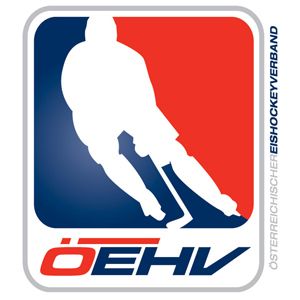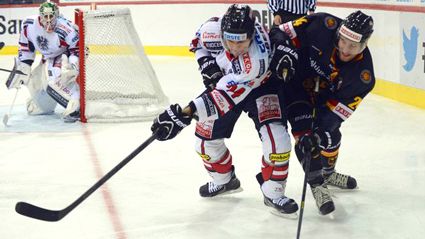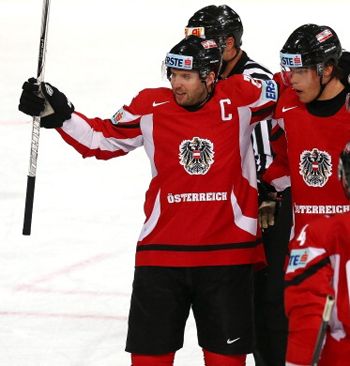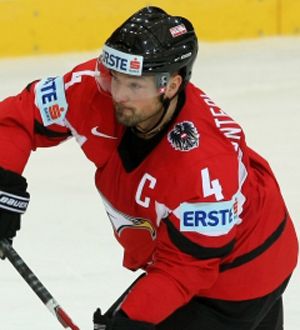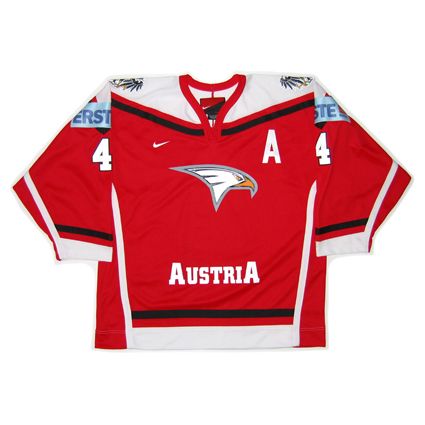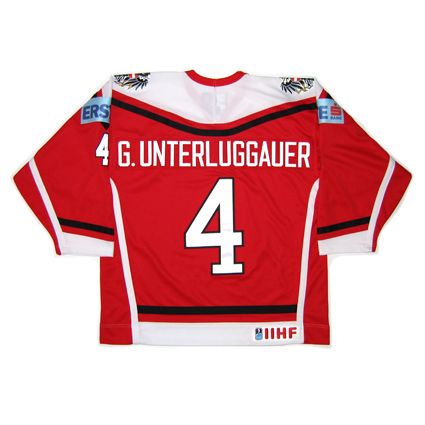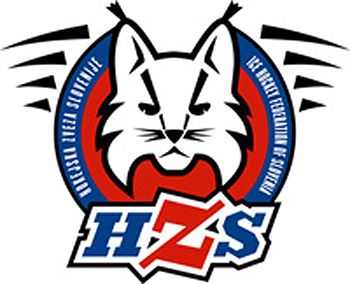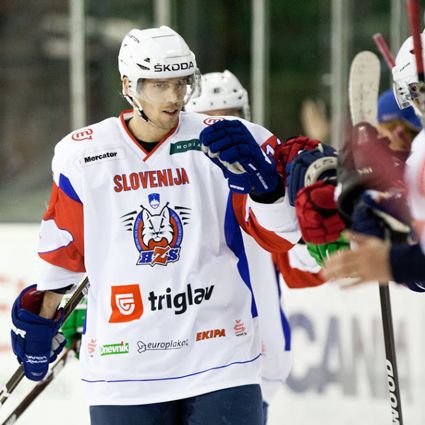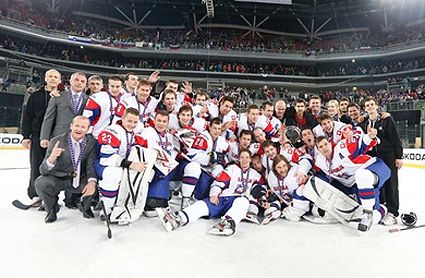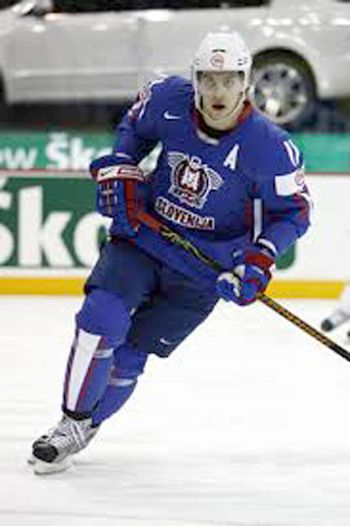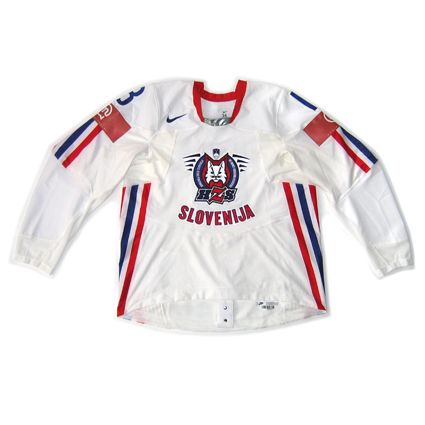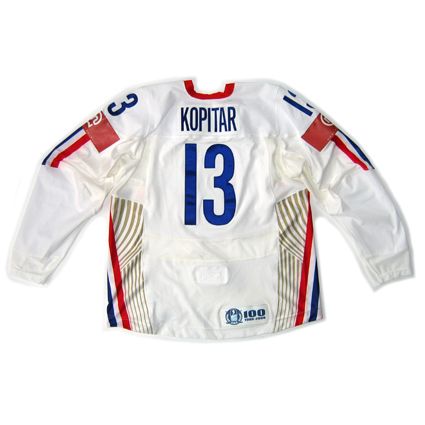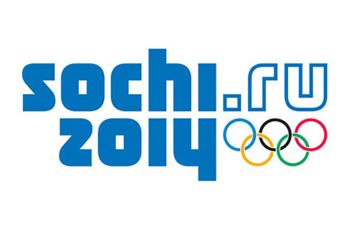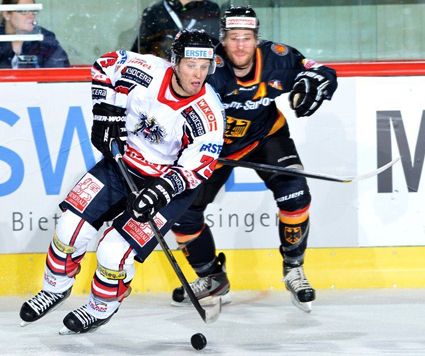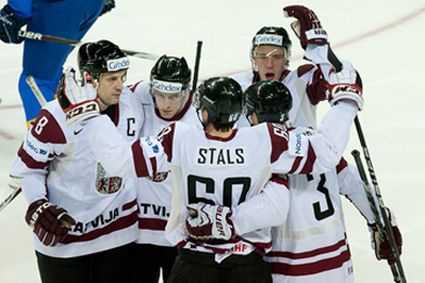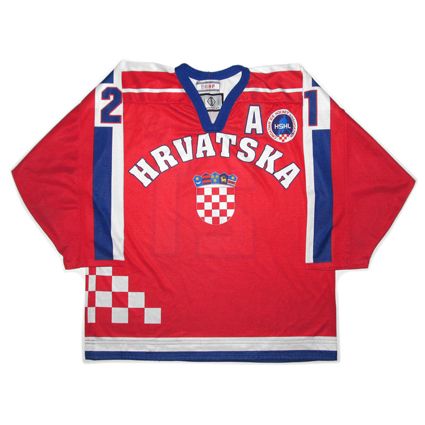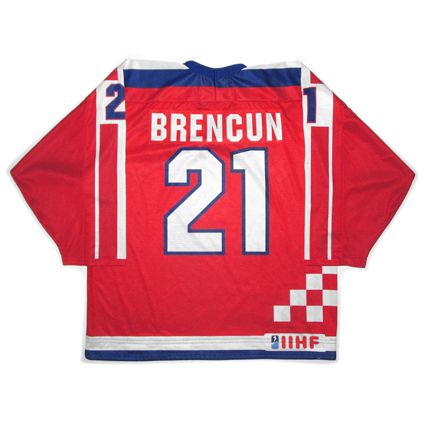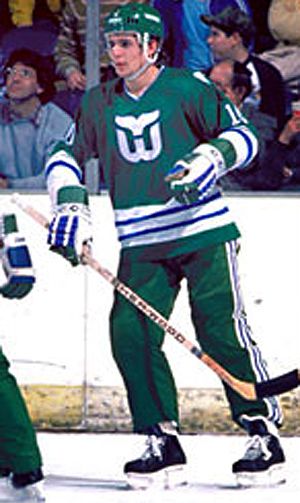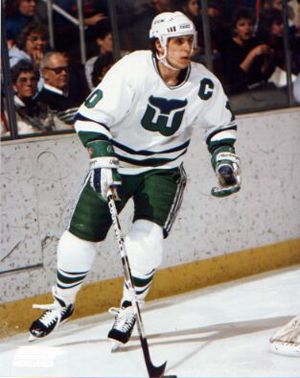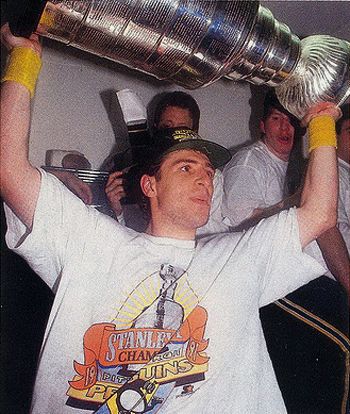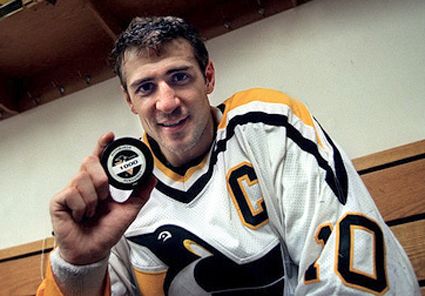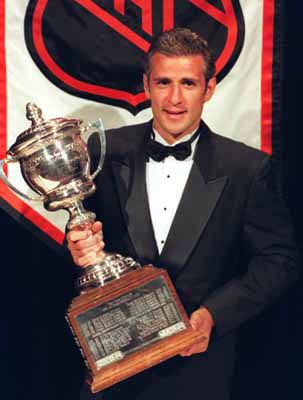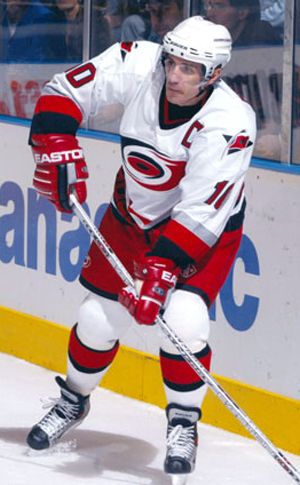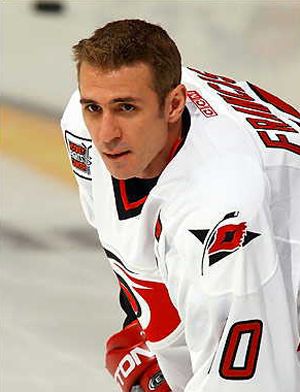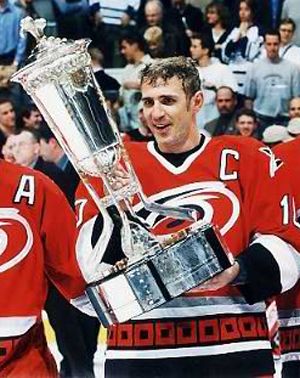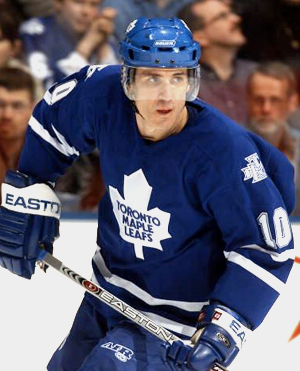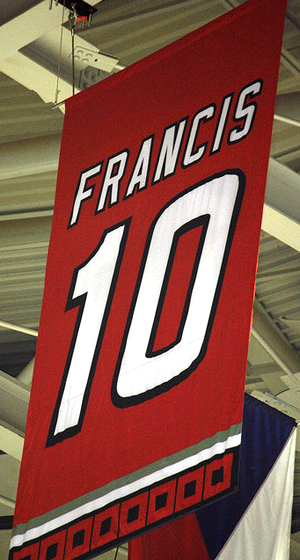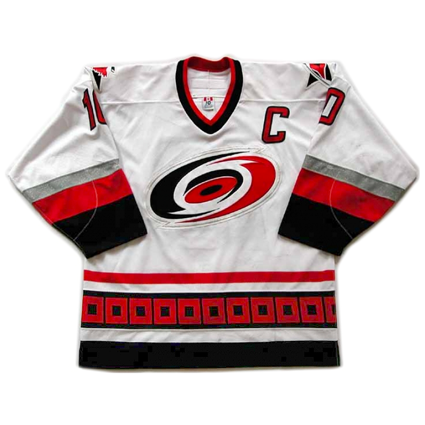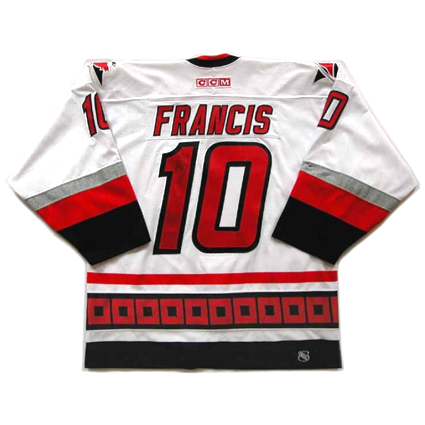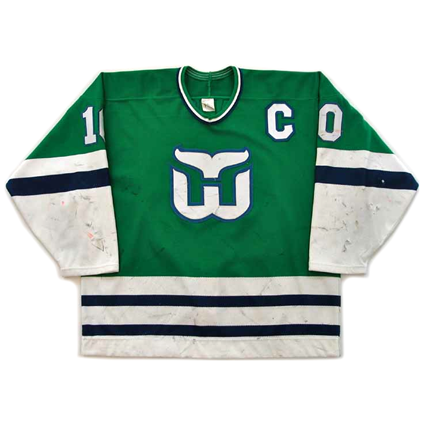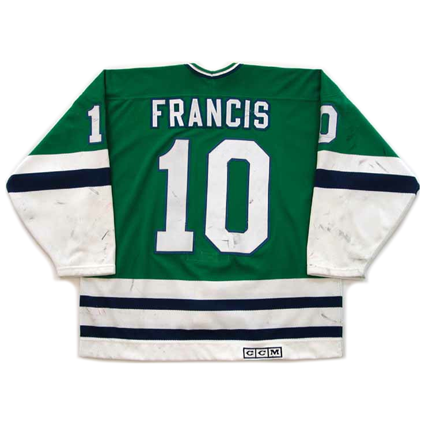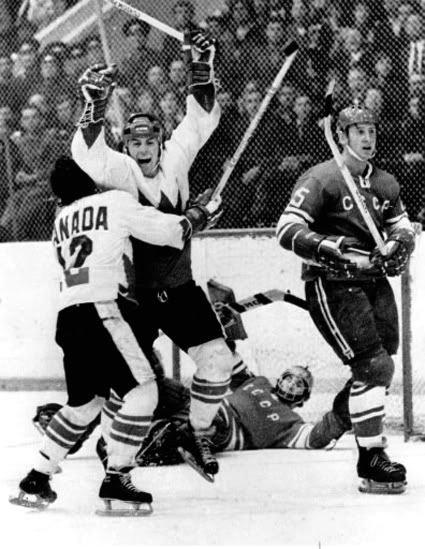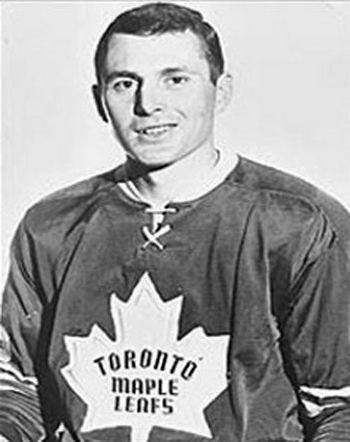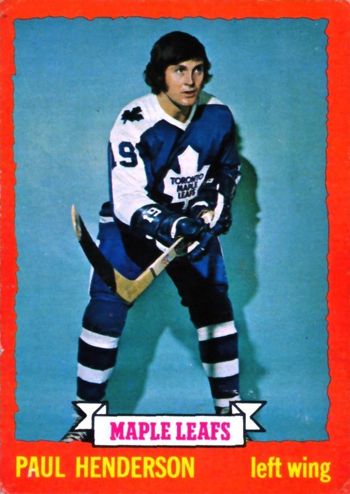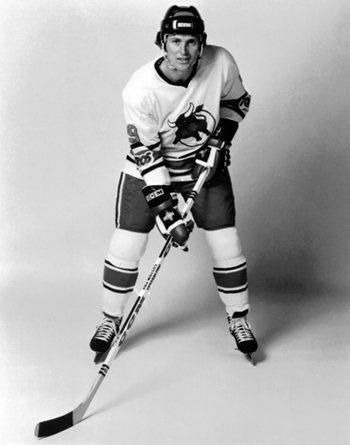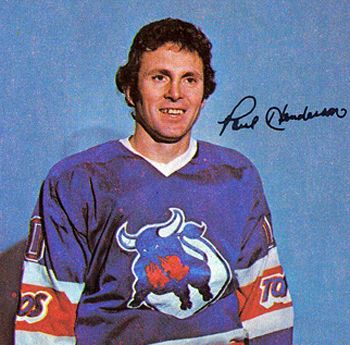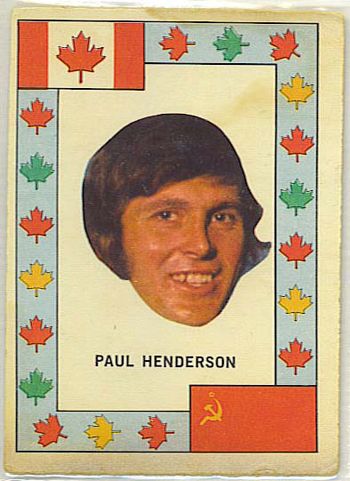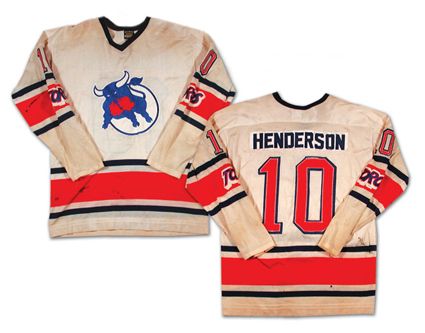With the top nine teams in the 2012 IIHF World Rankings (Russia, Finland, the Czech Republic, Sweden, Canada, Slovakia, the United States, Norway and Switzerland) earning automatic spots in the
2014 Winter Olympic hockey tournament, the final places in the competition were determined by a series of Olympic Qualification Tournaments, which began all the way back in September of 2012.
The first phase was the
Olympic Preliminary Qualification, which took place in Zagreb, Croatia, where the host Croatians won all three of their games to advance over Mexico, Serbia and Israel.
Croatia moved on to the
Olympic Pre-Qualification round, held in November of 2012, and was placed in Group G with Lithuania, Hungary and the Netherlands, who pulled off an upset by defeating the host Hungarians in Budapest in a tournament deciding shootout following a thrilling 6-6 game.
In Kiev, Ukraine delighted the home fans by advancing with a stellar effort, scoring 22 and giving up a mere one goal to defeat Poland, Spain and Estonia in Group H.
Group J took place in Japan and was en eclectic mix of nations, which eventually saw Great Britain win the group with 2 wins and an overtime loss to outlast South Korea, Japan and Romania.
For the
Final Olympic Qualification tournaments, the Netherlands was placed in Group D with Italy, Austria and Germany, which came down to rivals Germany and Austria with Germany needing a regulation win and Austria needing only to reach overtime to move on to Sochi.
Germany took until 18:41 to claim the lead, but Austria was the next to score, tying the game with a goal by Andre Lakos at 11:46 of the second period. Michael Wolf gave the home fans hope with a power play goal at 6:54 of the third period, only to have
Markus Peintner respond at 12:22 with the key goal for Austria.
Clearly the Olympic ban on commercialism does NOT apply to the qualification stages!
10th ranked Germany pressed for the game winner, out shooting Austria 11-5 for the period, but goaltender
Bernhard Starkbaum denied the Germans at every turn to secure the 15th ranked Austrians an upset place in Sochi, ending a streak of Olympic participation for Germany that dates back to 1928!
Of little consolation was the fact that Germany would actually go on to win the game in overtime when
Patrick Reimer scored a power play goal at 2:34 of overtime, leaving the Germans to regret not just their overtime loss to Italy, but their dismal performance at the 2012 World Championships, where their 2-5 record (which included losses to Latvia and Norway) left them with a 12th place finish that dropped them from 8th in the World Rankings to 10th, costing them an automatic berth in Sochi for those in the top 9.
Austria (15) will find Finland (2), Canada (5) and Norway (9) awaiting them in Group B in Sochi.
Group E in Riga saw France needing a regulation win over Latvia to send the group into tiebreakers, as a 60 minute win by France would have left Kazakhstan, 6-0 winners over Great Britain, Latvia and France all tied at 6 points each, with France needing to win by 2 goals to claim the invitation to Sochi.
France took a giant step toward that goal by taking a surprising 2-0 lead after one period, only to see goaltender
Edgars Masalskis knuckle down as his teammates began to generate some much needed offense.
Lauris Darzins got the home team on the board with a goal that took until 14:59 of the second period to arrive to cut the French lead to 2-1 after two periods.
Martins Karsums delighted the home supporters with the equalizer a mere 12 seconds into the third period to give Latvia the appearance of being on their way to Sochi. However, despite the shot of energy by the early goal, a third one was not in the cards for Latvia.
Unable to take the lead and breathe easy, it then became a matter of survival for Latvia as time wore down, as merely getting to overtime and earning a point in the standings was all Latvia required to win the group, but two French goals could steal it all away.
Things got interesting late when each team took a penalty at 17:10 for roughing and then France pulled goaltender
Christobal Huet for a late man advantage at 18:06, only to have
Kevin Hecquefeuille get called for cross-checking at 19:17.
In the end, Latvia was able to hold on through the end of regulation to claim the point needed to win the group and secure their place in Sochi, which should delight those responsible for ticket sales in Russia as well as their bar owners near the arena as the Latvians fans are known to travel in droves and support their team like no others. The game was not over, however, and
Pierre Edouard Bellemare won the game with a goal at 4:20 of overtime, but it came too late for France.
Latvia had much reason to celebrate, winning the war despite losing the battle
Latvia (11) will now join the Czech Republic (4), Sweden (1) and Switzerland (7) in Group C in Sochi, which appears to be the most difficult of the groups.
Finally, in Group F, where Slovenia clinched an upset berth in Sochi by going 3-0 with wins over Belarus, host Denmark and Ukraine to claim their first Olympic berth as the only team in the round to go undefeated.
Slovenia completed their memorable weekend in fine form
Group A will consist of Russia (3) , Slovakia (8), the United States (6) and Slovenia (17).
With teams ranked 10th (Germany), 11th (Latvia) and 12th (Denmark) having home ice advantage as the host nation for their group, it certainly was a surprising round of tournaments, as the teams to advance were Latvia in 11th, Austria in 15th and 18th ranked Slovenia as only one host advanced to Sochi.
Be sure to come back over the next 12 days as we preview each of the teams competing in Sochi for the gold medal in the 2014 Winter Olympic men's hockey tournament and feature some terrific jerseys along the way.
Today's featured jersey is a
2008 Croatia Ivan Brencun jersey worn in the 2008 U18 Division II Group A world championships held in France. Both Croatia and Slovenia declared their independence from Yugoslavia on June 25, 1991, which led to a war that lasted until November of 1995 as Serbian forces attempted to keep Croatia as a part of Yugoslavia, or at least reduce the size of Croatia by more than 25% in an effort to keep some Croatian territories as a part of Serbian controlled Yugoslavia.
As a result of the conflicts, the Croatia National Hockey Team did not make its first international appearance until November of 1993 when it debuted in the Group C2 Qualifying Round, where they utterly demolished Turkey by scores of 34-1 and 24-0!
Their win over Turkey advanced them to the main C2 tournament held in Spain. They concluded that tournament ranked 31st in the world, but have since been raked as high as 24th and currently play in Division I Group B, an impressive feat for a country with less than 100 senior level men's players and only two indoor rinks.
